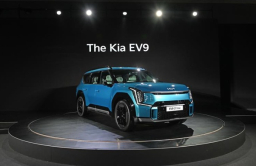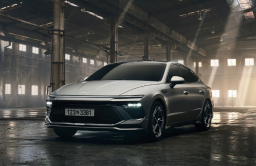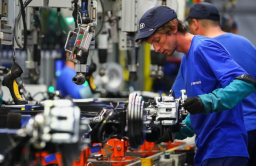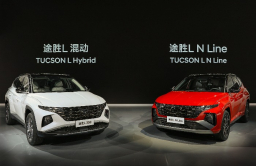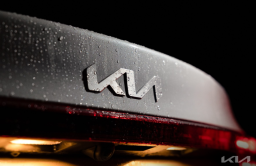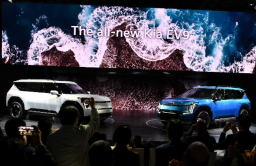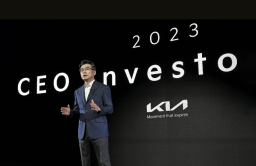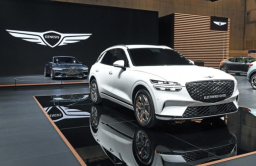-
KOSPI 2577.27 -2.21 -0.09%
-
KOSDAQ 722.52 -7.07 -0.97%
-
KOSPI200 341.49 +0.02 +0.01%
-
USD/KRW 1396 -2.00 0.14%
Hyundai, Kia’s brisk April sales bode well for stellar Q2
S.Korea’s No.1 carmaker and its sibling Kia sold 8.5% and 8.3% more cars, respectively, on-year in April
By
May 03, 2023 (Gmt+09:00)
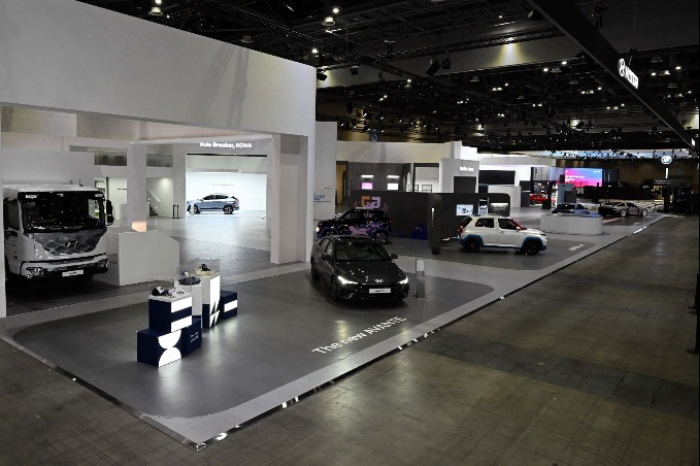
The second-quarter earnings outlook for South Korea’s biggest automaker Hyundai Motor Co. and its sister company Kia Corp. looks rosy as eased automotive chip shortages and robust new car demand bode well for their global car shipments after brisk sales in April.
Hyundai Motor delivered 336,212 cars worldwide in April, up 8.5% from the same month last year, while Kia shipped 259,524 units, up 8.3% over the same period, the two companies announced on Tuesday.
The rise in their car shipments was largely credited to the eased automotive chip shortage, which had crippled global car sales over the pandemic-hit last two years.
The normalization in chip supplies has significantly reduced car delivery times, helping Korea’s top two carmakers sell more, industry observers said.
The lead time for Hyundai Motor’s first fully electric sedan IONIQ 6 dropped to one and a half months in May from 18 months late last year. The waiting time for other models in May was also shortened by more than one month from the month previous, including Kia’s first all-electric EV6 from six months to five months.
Coupled with the anticipated solid demand for their new models such as the all-new KONA Electric by Hyundai Motor and Kia’s first large all-electric sport utility vehicle EV9, the two Korean auto majors’ car sales will maintain the upswing for a while, expected Hyundai Motor.
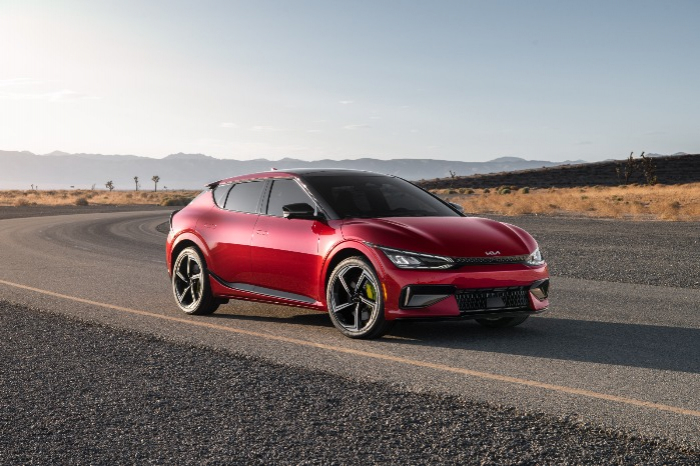
Hyundai Motor’s all-new KONA Electric was launched last month on home turf, and the IONIQ 6 is set to hit overseas markets soon.
Kia pins high hopes on the EV9, for which pre-orders began today in Korea. It is priced at 76,710,000 won ($57,200) for the Air 2WD model and 87,810,000 won for the GT line, but local buyers will be able to save about 10 million won with government EV subsidies.
GLOWING OVERSEAS RESULTS
The bigger Hyundai Motor last month sold 66,660 units at home and 269,552 cars abroad, up 12.2% and 7.6% on-year, respectively. It delivered 1,357,924 cars globally in the first four months of this year.
Its large sedan Grandeur led the pack in local sedan sales, with shipments of 9,997 units, while the Palisade was its best-selling SUV. The G80 was the top-selling model of its premium marque Genesis.
Kia’s domestic shipments inched down 1.8% on-year to 49,086 vehicles, but overseas sales jumped 10.9% to 209,945 units, mainly driven by robust sales of the Sorento at home and the Sportage abroad.
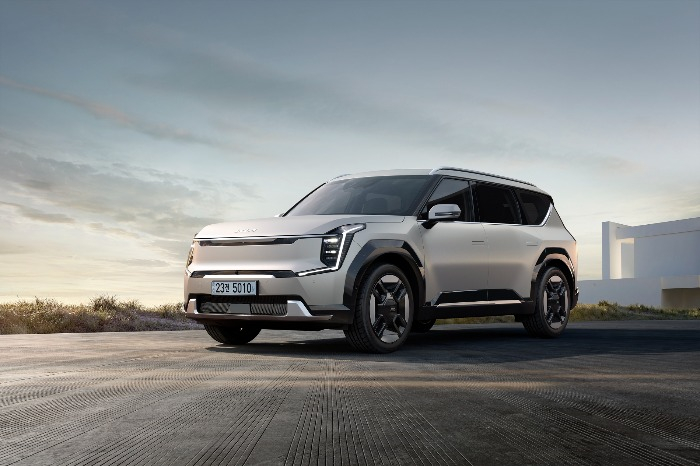
By market, Hyundai Motor and Kia recorded double-digit gains in US sales in April, faring better than their long-time Japanese rivals Toyota Motor Corp. and Honda Motor Co.
Hyundai Motor and Kia together sold 144,874 cars in the US in April, up 15.2% from the same month last year after extending an on-year growth streak for nine straight months in the US since August last year.
Hyundai Motor sales rose 14.9% to 76,669 cars, including Genesis deliveries, while Kia shipments climbed 15.5% to 68,205 units. Hyundai Motor’s result was the second-best April sales since its advance into the world’s second-largest auto market.
Over the same period, Toyota sales in the market added 0.7% on-year to 186,310 units, and Honda shipments rose 24.5% to 116,082 units, trailing sales of Hyundai Motor Group, which comprises Hyundai Motor and Kia.
Hyundai Motor Group’s US market share was the fourth largest in the month after Ford Motor Co. The top seller was General Motors Co., followed by Toyota.
The Korean auto duo’s excellent sales score in the US was driven by strong sales of their hybrid and SUV models, according to the companies.
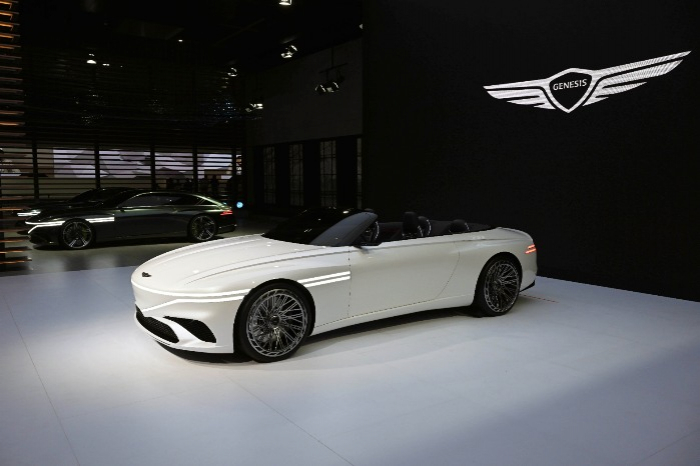
Especially their eco-friendly car sales in the market surged 74% on-year in April to 24,702 units, the best-ever monthly green car sales there and topping 17% in Hyundai Motor Group’s entire US car sales for the first time.
But the gain was mainly led by hybrid models, while their EV models continued taking a hit from the US Inflation Reduction Act (IRA), which excludes the Korean car makers’ EVs from the list of electric cars subject to US government’s generous tax breaks.
The Korean auto siblings also outperformed in India, the world’s third-biggest auto market, after selling 72,917 cars in April at a 15.7% on-year gain, which was also higher than the 13% sales growth of India’s No. 1 carmaker Maruti Suzuki India Ltd.
ANOTHER PROMISING QUARTER
The upbeat sales results bode well for the second quarter earnings of both Hyundai Motor and Kia, which already delivered their best-ever results in the first quarter ending in March this year, market analysts said.
Hyundai Motor reported its highest-ever operating profit of 3.6 trillion won in the first three months of this year, up 86.3% from a year ago. Its sales jumped 24.7% to 37.8 trillion won over the same period.
Kia’s operating income in the quarter also hit a record high of 2.87 trillion won on sales of 23.69 trillion won, up 78.9% and 29.1% on-year, respectively, thanks to strong demand for its premium and green car models.
Write to Sung-Soo Bae and Il-Gue Kim at baebae@hankyung.com
Sookyung Seo edited this article.
-
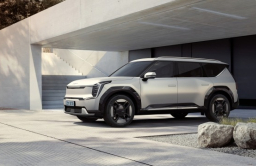 AutomobilesKia to take pre-orders for electric SUV EV9
AutomobilesKia to take pre-orders for electric SUV EV9May 02, 2023 (Gmt+09:00)
-
Apr 26, 2023 (Gmt+09:00)
-
Apr 25, 2023 (Gmt+09:00)
-
Apr 21, 2023 (Gmt+09:00)
-
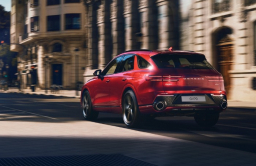 Electric vehiclesHyundai Motor seeks remedies after GV70 exclusion from US subsidies
Electric vehiclesHyundai Motor seeks remedies after GV70 exclusion from US subsidiesApr 18, 2023 (Gmt+09:00)
-
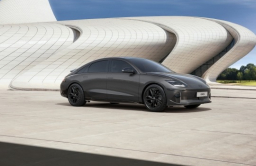 Electric vehiclesHyundai, Kia surpass 100,000 global EV sales in Q1
Electric vehiclesHyundai, Kia surpass 100,000 global EV sales in Q1Apr 17, 2023 (Gmt+09:00)
-
Apr 17, 2023 (Gmt+09:00)
-
Apr 11, 2023 (Gmt+09:00)
-
Apr 06, 2023 (Gmt+09:00)
-
Apr 05, 2023 (Gmt+09:00)
-
Apr 03, 2023 (Gmt+09:00)
-
Feb 23, 2023 (Gmt+09:00)


